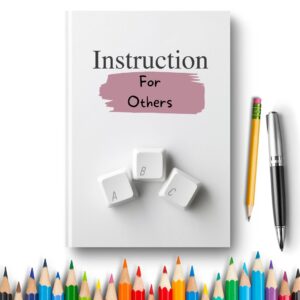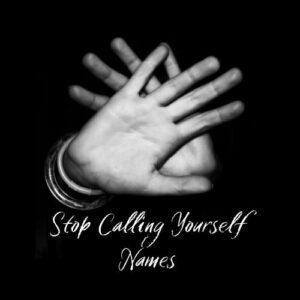How do you decide when it’s time to speak your mind or better understand it?
When it comes to relationship issues, discerning a “me” problem from a “we” problem can be a challenging distinction to make. So it’s a good idea to look under the hood before giving in to the urge to “speak your truth.” Taking time for this pit stop can be the difference between a blow-up and a smooth ride.
When we feel unsettled or upset with someone, the compulsion to talk things over can be intense. Though our urgency to resolve things is understandable, rushing into a potentially hard conversation without knowing our motivation for doing so can end up working against us and the relationship.
To prepare for a hard talk, start by unpacking your motivations. Knowing your reasons can signal whether you’re ready to hash things out or if your intentions and expectations could get in the way of a positive outcome.
Good reasons invite good results, while bad ones can sabotage things from the start. I’ve simplified these into two categories; red light reasons and green light reasons.
RLR #1 – You want an apology.
Going into a conversation believing that you need the other person to say certain words in order for you to feel better gives them the power to determine how you feel and respond. It’s important to actively take responsibility for your own emotions before the talk begins. Also, it’s easy to lose the connection with yourself when you’re trying to get something from someone else. Remember that no one outside of you is ever your emotional prison warden who’s withholding the key to your peace of mind; you are always the keeper of that key.
RLR #2 – You believe you need their understanding, agreement, or approval.
Having someone disagree or disapprove of you can feel threatening and even scary. It’s sometimes hard to have our own back even when people seem to agree. Sometimes we want to get other people on our side in order to shore up our own self-approval. But if your goal is to help you feel better about your position, you’ll likely have an edge of desperation and a tendency toward reactivity when you put someone else in charge of your self-assessment.
RLR #3 – You want them to stop/start doing something.
Making requests is part of any relationship, but if your primary goal is to get someone to change their actions, be forewarned you’ll likely back yourself into a corner where control will supersede connection.
RLR # 4 – You want to punish them or make them feel bad.
It makes sense to want justice when we feel wronged, but basing our emotional freedom on someone else’s actions leaves us dependent on people and circumstances we can’t control.
In contrast, Green Light Reasons highlight a focus on connection, understanding, and an outcome you can control.
GLR #1 – You want to express yourself honestly.
You have things you want to say and showing up in this authentic way is an important part of valuing yourself and the relationship. This could include making a request, but whether or not the other person agrees or complies, you’ll feel good about making it.
GLR #3 – You want to let the other person in on how you feel.
Your goal here on connection, not control. You value the relationship with the other person and want to show up in an emotionally intimate and connected way. This is an act of emotional intimacy that requires the courage to be vulnerable.
GLR #4 – You want to take care of yourself and/or advocate for yourself by communicating things to others that matter to you.
You have a clear agenda that it’s important to say what you have to say. You are less focused on what the other person will think and do, and more on the intention of self-care and communicating from a genuine place.
Tip #1: Get clarity on the emotions you want fueling you throughout the dialogue. Practice feeling these emotions ahead of time. Here are some you might try out:
Tip #2: Write out a script for your opener. Here are some ideas:
“I want to talk to you about something that’s not easy for me to share and may not be easy for you to hear.”
“I want to tell you this because our relationship is important to me or I care about you or I respect you too much not to be honest” or “I love you too much not to share.”
Tip #3: Face your fear ahead of time. Do some journal writing on what would you be most afraid of hearing from the other person and different ways you’d want to respond to this worst-case scenario.
Want to learn more about hard talks and how to have them? Check out my other articles on the subject:



